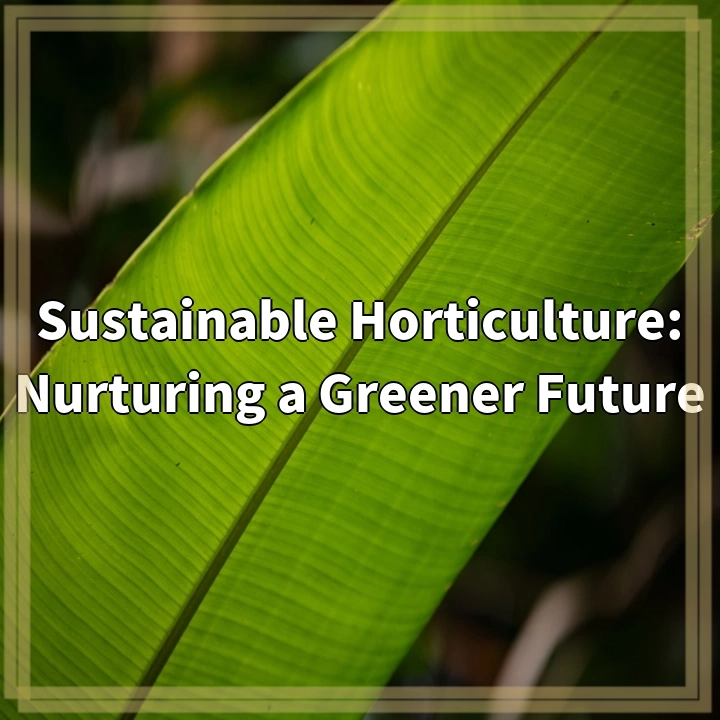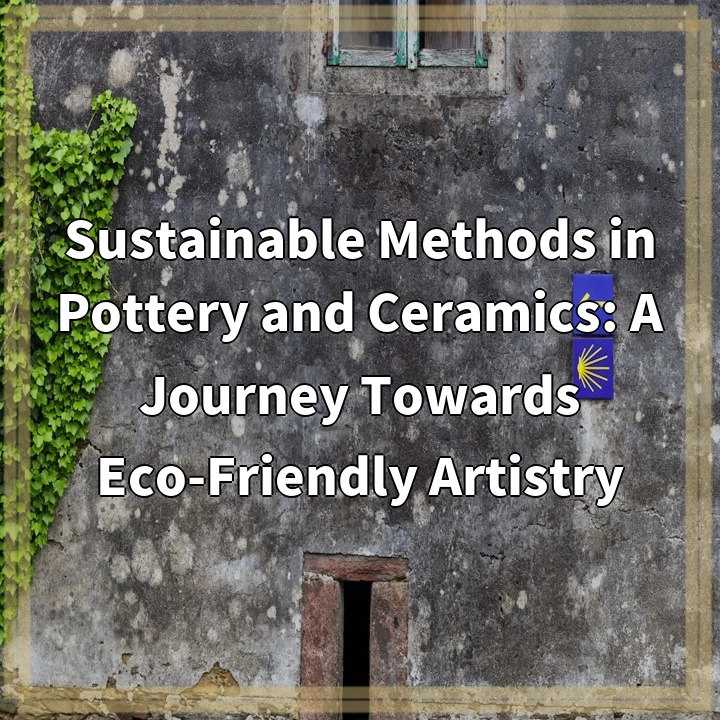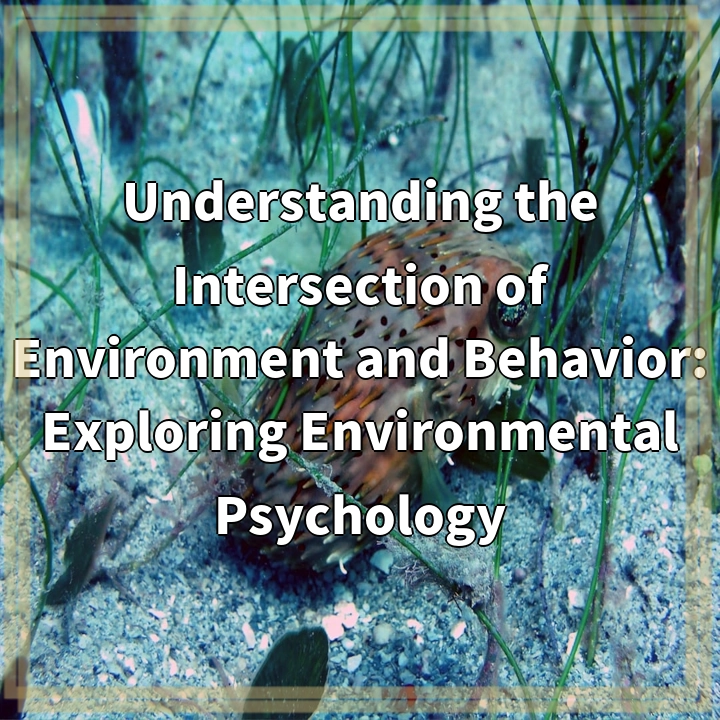
What is Sustainable Horticulture?
Sustainable horticulture is a practice that emphasizes the cultivation and management of plants in a way that minimizes environmental impact, supports biodiversity, and promotes long-term social and economic sustainability. It involves adopting practices that conserve resources, reduce waste, and prioritize ecological balance.
Real-World Problems associated with Sustainable Horticulture
1. Pesticide Pollution
One of the main challenges in sustainable horticulture is minimizing pesticide use and finding alternatives to harmful chemical pesticides. Pesticides can have detrimental effects on ecosystems, pollinators, and human health. They can contaminate soil and water, harming beneficial organisms and disrupting delicate ecological balances.
2. Soil Erosion and Degradation
Sustainable horticulture addresses the issue of soil erosion and degradation. Conventional horticulture practices often involve the heavy use of mechanized equipment, which can lead to soil compaction and erosion. This can cause loss of topsoil fertility, reduced water-holding capacity, and decreased biodiversity. Sustainable horticulture techniques like cover cropping, crop rotation, and the use of organic matter help protect soil health and prevent erosion.
3. Water Scarcity and Inefficient Irrigation
Water scarcity is a critical issue in many regions around the world. Sustainable horticulture aims to reduce water consumption through efficient irrigation practices, such as drip irrigation and rainwater harvesting. These methods help conserve water, minimize runoff, and ensure that it is used optimally, thereby reducing the strain on local water resources.
4. Loss of Biodiversity
Intensive horticulture practices can lead to habitat destruction and loss of biodiversity. Large-scale monoculture crops can have negative impacts on native plant and animal species, disrupting ecosystems and reducing biodiversity. Sustainable horticulture focuses on promoting agroecological practices that foster biodiversity by incorporating diverse plant species, promoting natural pest control, and creating habitats for beneficial insects and wildlife.
5. Climate Change Resilience
Climate change poses significant challenges to horticulture. Extreme weather events, shifting growing seasons, and changing pest and disease patterns can impact crop yields and productivity. Sustainable horticulture aims to build resilience to climate change, using approaches such as agroforestry, agroecology, and greenhouse gas emissions reduction. These techniques help mitigate the effects of climate change and ensure the long-term viability of horticultural practices.
By addressing these real-world problems, sustainable horticulture paves the way for a greener and more sustainable future, where the health of the environment, communities, and future generations are all prioritized.

Solutions for Sustainable Horticulture
1. Integrated Pest Management (IPM)
Integrated Pest Management focuses on using a combination of techniques to minimize the use of chemical pesticides. This includes identifying and monitoring pest populations, implementing cultural practices to prevent pest outbreaks, and using biological controls like beneficial insects and natural predators to manage pests effectively.
2. Soil Conservation and Organic Practices
Implementing soil conservation techniques like cover cropping, crop rotation, and composting helps maintain soil fertility, structure, and health. Organic practices also play a crucial role in sustainable horticulture by avoiding synthetic fertilizers and pesticides, reducing chemical inputs, and enriching the soil with organic matter.
3. Efficient Water Management
Using efficient irrigation methods like drip irrigation and precision watering systems helps minimize water wastage and improve water-use efficiency. Capturing and using rainfall through techniques like rainwater harvesting ensures water availability during dry periods and reduces reliance on scarce water resources.
4. Promoting Agroecological Approaches
Agroecological approaches involve the integration of ecological principles in farming systems. Incorporating diverse plant species, creating habitat for pollinators and beneficial insects, and fostering natural pest control help maintain ecological balance, reduce pests, and promote biodiversity in horticultural systems.
5. Climate-Smart Horticulture
Adopting climate-smart horticulture practices helps build resilience to climate change. This includes using climate-specific crop varieties, implementing agroforestry techniques to provide shade and wind protection, and reducing greenhouse gas emissions through practices like composting and sustainable energy use in horticultural operations.
By implementing these solutions, horticulture can become more sustainable, environmentally friendly, and resilient, ensuring a greener future for both our communities and the planet.















